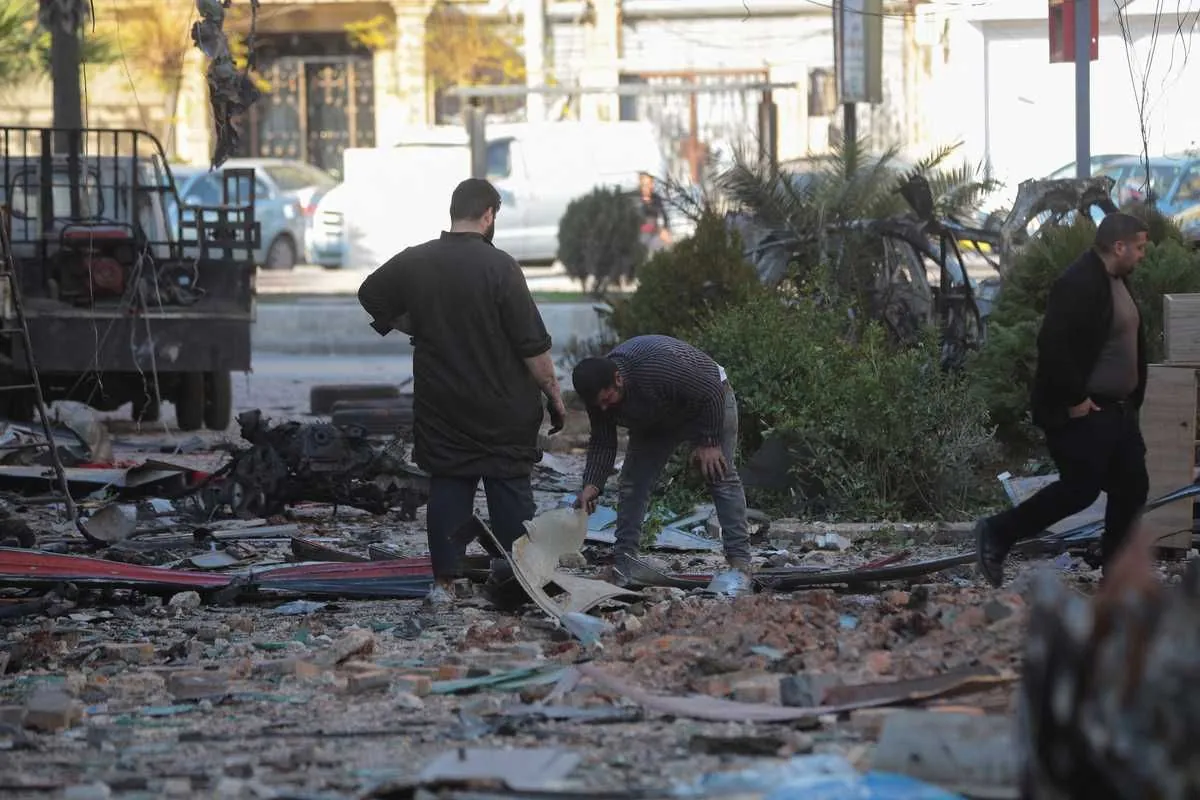Middle East power shift: Fresh Syria uprising changes regional balance
Syrian rebels quick victory in Aleppo reshapes Middle-East dynamics‚ while Israel-Hezbollah deal brings temporary calm. Complex regional relationships and US policy choices affect peace prospects

In north-west Syria a quick rebel take-over of Aleppo (happening bout a year ago) changed everything - its not just another local conflict. The main rebel group Hayat Tahrir al-Sham with its leader Abu Mohammed al-Jolani used perfect timing to strike: Russia was busy elsewhere Iran had other problems and Assadʼs army was super-weak
- American sanctions hit Syriaʼs economy hard
- Russian forces left for Ukraine war
- Iran got busy with Gaza situation
- Turkey gave rebels lots of help
The Israel-Hezbollah cease-fire (from late-2023) looks shaky: Netanyahuʼs government keeps hitting targets in Lebanon even after the deal. Benjamin Netanyahu says its not really over yet; Israeli forces done more than 50 attacks outside south Lebanon since the deal started. The whole thing might fall apart if US dont make Israel follow rules
In Gaza situation gets worse - over 44k people died lots more got hurt and buildings are destroyed. The US gave Israel bout $18-billion in military stuff last year which made many countries mad at America. Joe Bidenʼs choices made US look bad while China got more friends in the region
The future dont look great with Donald Trump coming back - his team likes what Netanyahu wants to do. But theres two things that might stop bad stuff: Trump himself dont like wars and Saudi Arabia wont be happy if Israel takes more Palestinian land
For real peace Israel needs to change how it thinks - being super-strong military-wise wont fix things. Bottom-up peace with regular people (not just deals with leaders) could work better but it needs time and new ideas from both sides





























